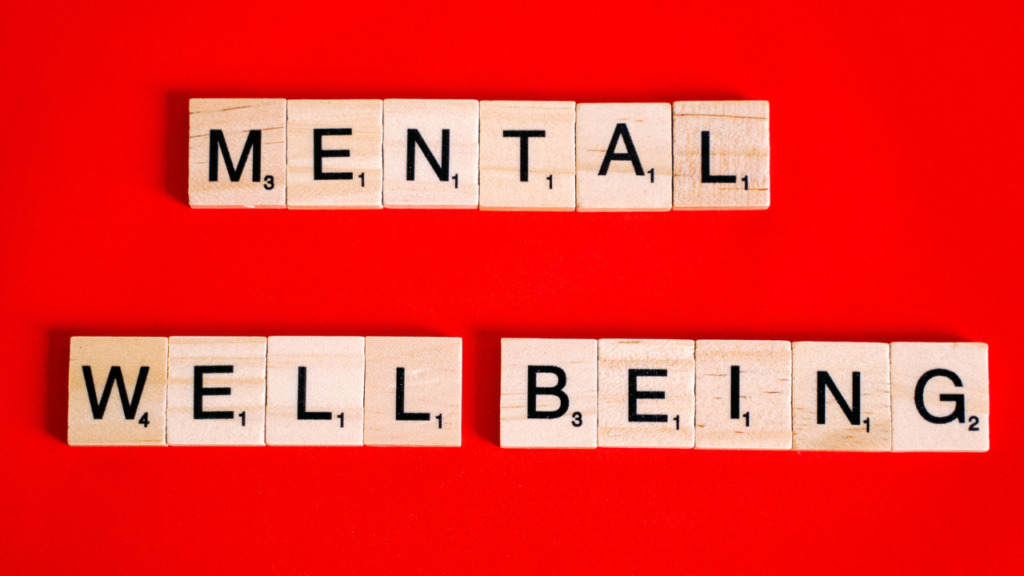Sleep, Stress, and Self-Care: The Three Pillars of Optimal Health

In the quest for optimal health, diet and exercise often dominate the conversation. However, three often overlooked yet equally vital components are sleep, stress management, and self-care. Together, these elements create a strong foundation for overall well-being. When balanced, they not only enhance physical health but also support mental and emotional resilience.
The Power of Quality Sleep
Sleep is a biological necessity that allows the body and mind to recover, repair, and rejuvenate. Consistently getting enough rest is critical for cognitive function, immune support, mood stability, and even weight management.
- Establish a consistent sleep schedule: Go to bed and wake up at the same time every day, even on weekends.
- Create a bedtime ritual: Wind down with calming activities like reading, meditation, or a warm bath to signal your body it’s time to rest.
- Optimize your sleep environment: A cool, dark, quiet room is ideal for promoting deep, restorative sleep.
Poor sleep can lead to a host of issues, including increased stress levels, weakened immunity, and impaired decision-making. Prioritizing sleep is one of the simplest yet most powerful ways to support overall health.
Managing Stress for Mental and Physical Wellness
Stress is a natural part of life, but chronic stress can wreak havoc on your body. It’s linked to heart disease, digestive issues, anxiety, depression, and weakened immunity.
- Practice mindfulness: Activities like meditation, yoga, and deep breathing exercises help reduce cortisol levels and enhance emotional well-being.
- Stay active: Physical activity is a proven stress reliever that also boosts mood through the release of endorphins.
- Set boundaries: Learn to say no, manage your workload, and carve out time for rest and relaxation.
Stress management isn’t about eliminating stress entirely, but learning how to respond to it in a healthy and constructive way. Finding what works for you is key to long-term resilience and vitality.
Self-Care: A Commitment to Your Well-Being
Self-care goes beyond bubble baths and spa days. It’s about making intentional choices that support your health, happiness, and personal growth. Practicing self-care regularly can improve your relationship with yourself and others.
- Engage in activities that bring joy: Whether it’s a hobby, spending time with loved ones, or exploring nature, make time for what fulfills you.
- Prioritize your needs: Listening to your body and taking breaks when needed helps prevent burnout.
- Nurture your mind: Personal development through reading, learning, or creative pursuits can keep your mind sharp and engaged.
Self-care empowers you to be the best version of yourself and is a vital part of maintaining overall health.
Conclusion
Sleep, stress, and self-care are the often-underestimated pillars of optimal health. By getting enough restorative sleep, managing stress effectively, and prioritizing self-care, you create a balanced lifestyle that fosters physical vitality and emotional harmony. Embrace these pillars as essential, not optional, and watch your well-being thrive.








